Stop Rats & Mice before they multiply
Professional rodent extermination and prevention services that eliminate infestations permanently.
Why choose us for professional removal?
- Rapid Responses
- Child & pet-safe methods
- Complete colony elimination
- Licensed pest professionals
Stop rats & mice before they mulitply
Professional rodent extermination and prevention services that eliminate infestations permanently.
Why choose us for professional removal?
- Rapid Responses
- Child & pet-safe methods
- Complete colony elimination
- Licensed pest professionals
Why Rodent Problems Require Immediate Action
A single pair of mice can produce 10 litters per year with 4-8 babies each. That’s potentially 80+ new mice from just two parents.
Rapid Reproduction
Rapid Reproduction
Mice reach sexual maturity in 6 weeks and can reproduce every 3 weeks. What starts as a minor problem becomes a major infestation within months without professional intervention.
Disease Transmission
Disease Transmission
Rodents carry over 35 diseases including Salmonella, E. coli, and Hantavirus. Their droppings, urine, and saliva contaminate surfaces and food preparation areas.
Electrical Fire Hazard
Electrical Fire Hazard
Rodents constantly gnaw to keep teeth sharp, often chewing through electrical wires. This causes approximately 20% of unexplained house fires in the United States.
Damage to Food & Home
Damage to Food & Home
Contaminate 10 times more food than they consume. Damage insulation, wood, plastic, and paper materials. Urine creates permanent stains and odors.
Our Systematic Extermination Process
Click each step to learn about our proven methodology when it comes to rodent removal and prevention.
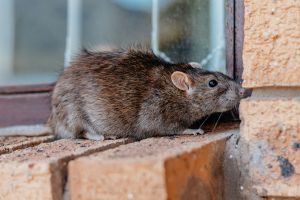
Comprehensive Property Assessment
Our certified technicians conduct a thorough investigation using thermal imaging and tracking techniques. We identify entry points as small as 1/4 inch, nesting areas, food sources, and determine the extent of infestation. Every corner, crevice, and potential hiding spot is examined to create a complete elimination strategy tailored to your specific situation.
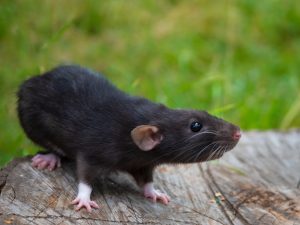
Strategic Elimination Program
We deploy a combination of snap traps, live traps, and targeted bait stations positioned along rodent travel routes. Our approach uses multiple methods simultaneously to eliminate the entire colony quickly. All treatments are safe for children and pets when used as directed by our professionals.

Complete Entry Point Sealing
Prevention is key to permanent results. We seal all entry points with rodent-proof materials including steel wool, expanding foam, and mesh screening. This includes foundation cracks, utility penetrations, door gaps, and roof vulnerabilities. No gap too small is left unsealed.

Follow-up & Guarantee
From inspection to removal, our team ensures your home is protected. Satisfaction is guaranteed because we never consider a job complete until you’re happy.
Recognizing a Rodent Infestation
Early detection prevents extensive damage and reduces health risks
Sounds
- Scratching in walls at night
- Scurrying sounds in attic
- Squeaking or chirping noises
- Gnawing sounds behind walls
- Running sounds in ceilings
visual evidence
- Small dark droppings (rice-sized)
- Gnaw marks on food packages
- Grease marks along walls
- Nesting materials in hidden areas
- Actual rodent sightings
odors
- Strong ammonia smell from urine
- Musty odor in enclosed spaces
- Decomposition smell if dead
- Stale food odors in pantry
- General “animal” smell
Serving All of MEtro-Detroit
As Metro Detroit natives, we understand the unique challenges of urban wildlife management in Michigan.
Our rapid response network ensures we can reach any location in our service area within hours, not days.
Wayne County
Detroit, Dearborn, Westland, Canton, Plymouth, Livonia, Redford, Garden City, Lincoln Park, Wyandotte, Trenton, Southgate, Taylor, Romulus
Oakland County
Birmingham, Bloomfield Hills, Troy, Royal Oak, Ferndale, Pontiac, Auburn Hills, Rochester Hills, Southfield, Farmington Hills, Novi, West Bloomfield
Macomb County
Warren, Sterling Heights, Clinton Township, Macomb, Roseville, Eastpointe, St. Clair Shores, Mount Clemens, Chesterfield, New Baltimore
Wayne County
Detroit, Dearborn, Westland, Canton, Plymouth, Livonia, Redford, Garden City, Lincoln Park, Wyandotte, Trenton, Southgate, Taylor, Romulus
Oakland County
Birmingham, Bloomfield Hills, Troy, Royal Oak, Ferndale, Pontiac, Auburn Hills, Rochester Hills, Southfield, Farmington Hills, Novi, West Bloomfield
Macomb County
Warren, Sterling Heights, Clinton Township, Macomb, Roseville, Eastpointe, St. Clair Shores, Mount Clemens, Chesterfield, New Baltimore
Serving All of MEtro-Detroit
As Metro Detroit natives, we understand the unique challenges of urban wildlife management in Michigan.
Our rapid response network ensures we can reach any location in our service area within hours, not days.
Why elite wildlife prevention gets results
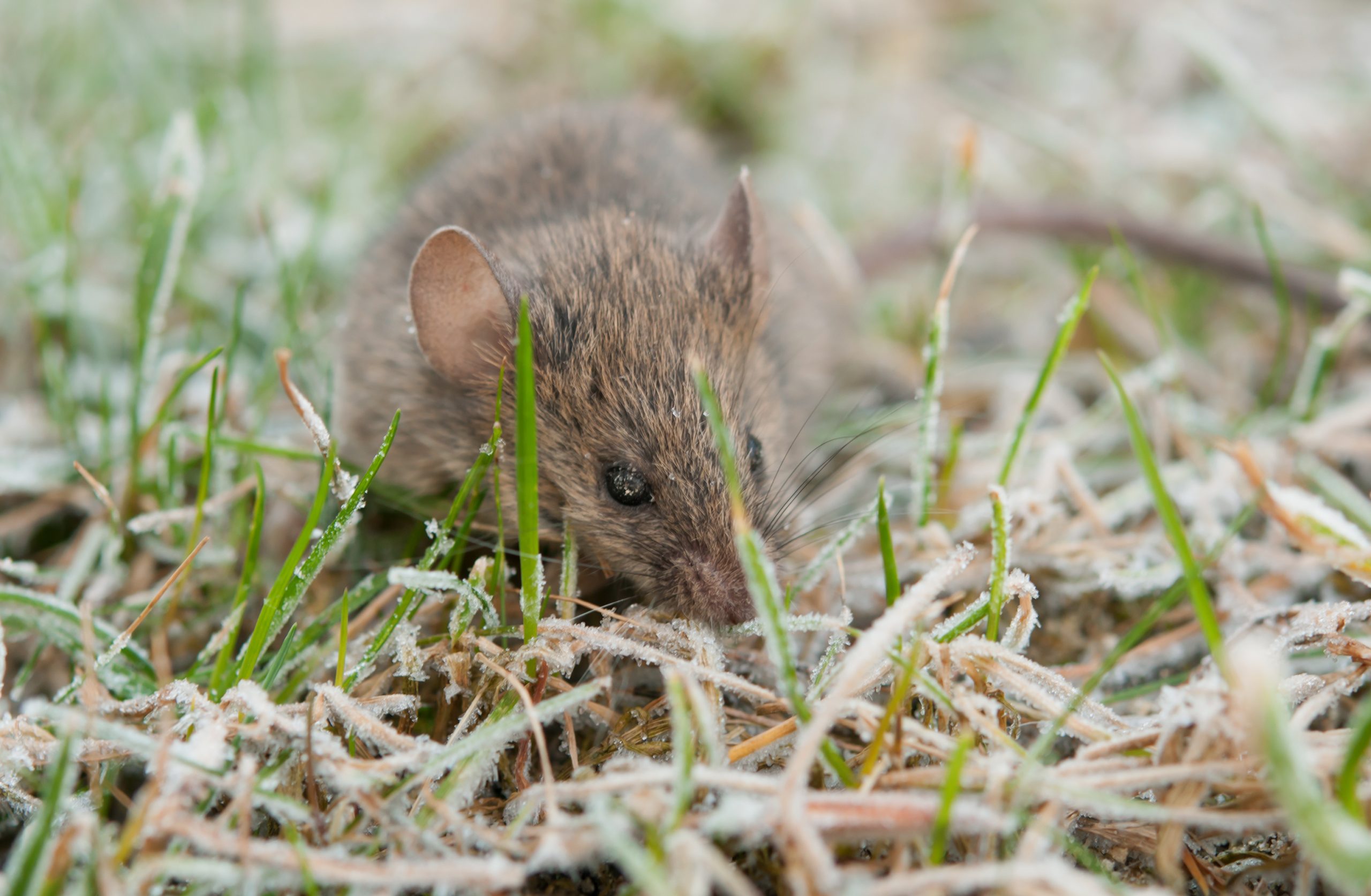
Complete Colony Elimination
We don't just catch a few mice – we eliminate the entire population using systematic methods that target breeding pairs, juveniles, and territorial males. Our multi-modal approach ensures no rodent escapes.

Rapid Response Time
Emergency response within hours, not days. We understand time is critical.
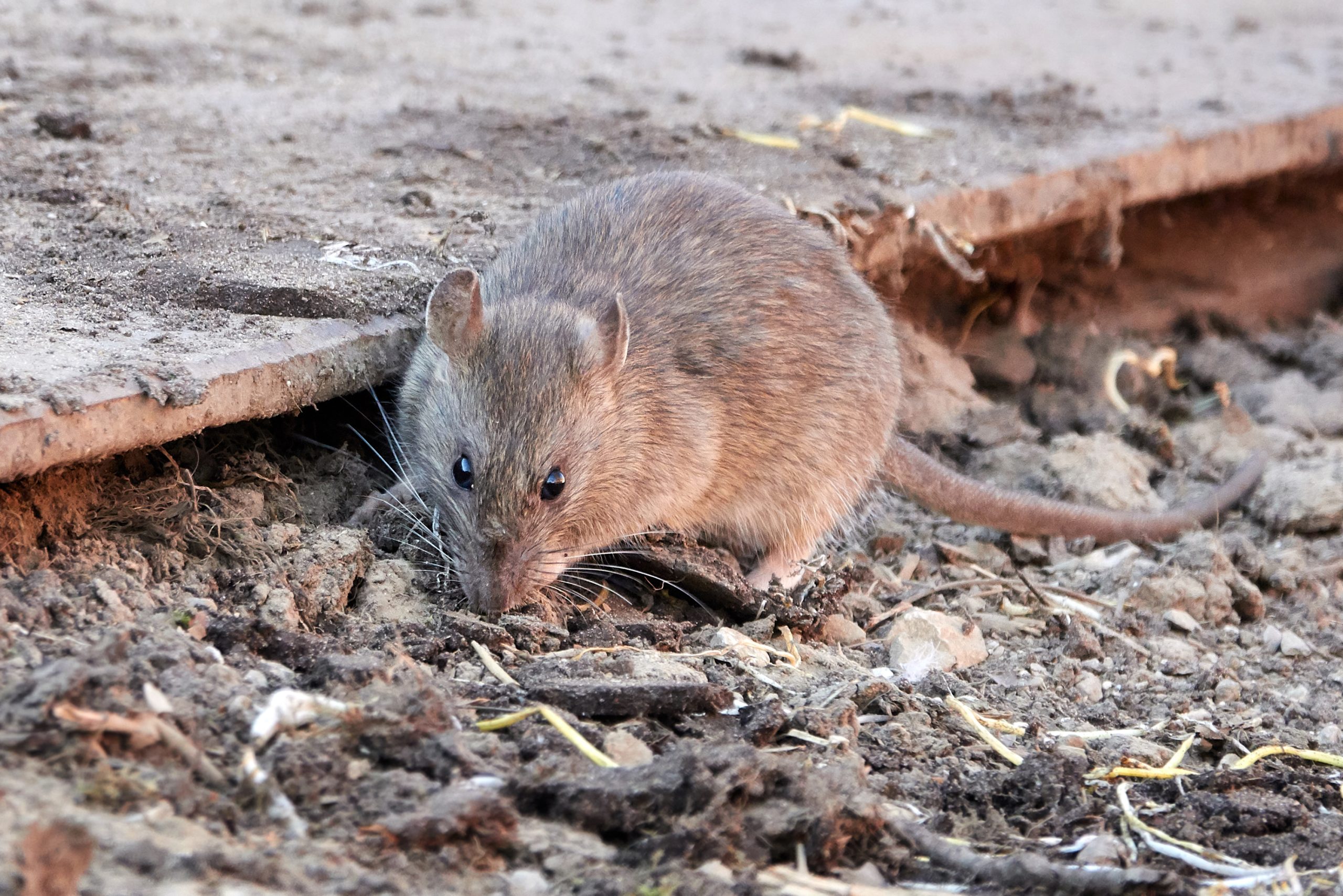
Safe for family
Child and pet-safe methods that eliminate rodents without endangering your family.
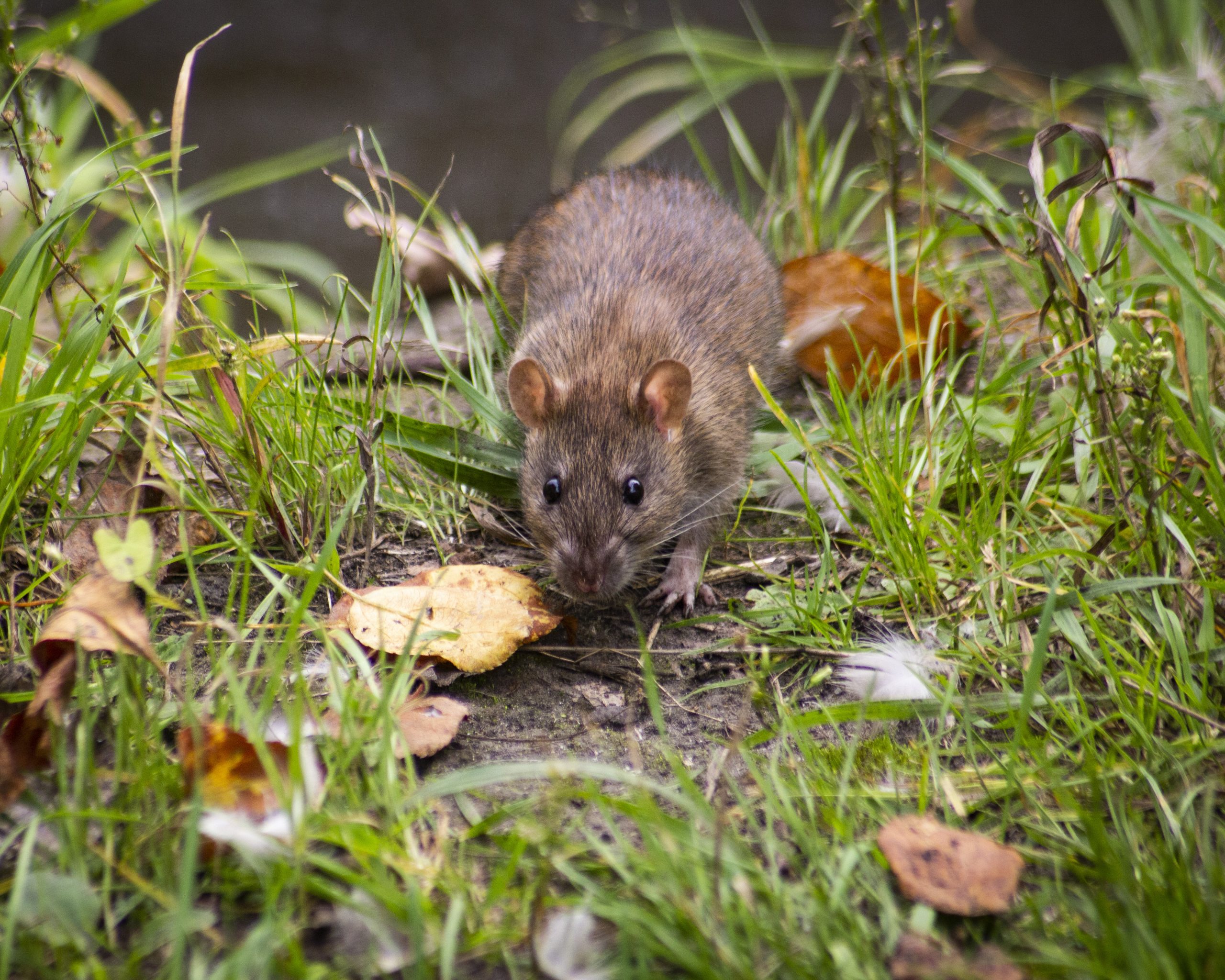
Advanced Detection Technology
Thermal imaging cameras reveal rodent activity behind walls. Motion sensors track movement patterns. UV lights expose urine trails invisible to the naked eye. Technology gives us the advantage.
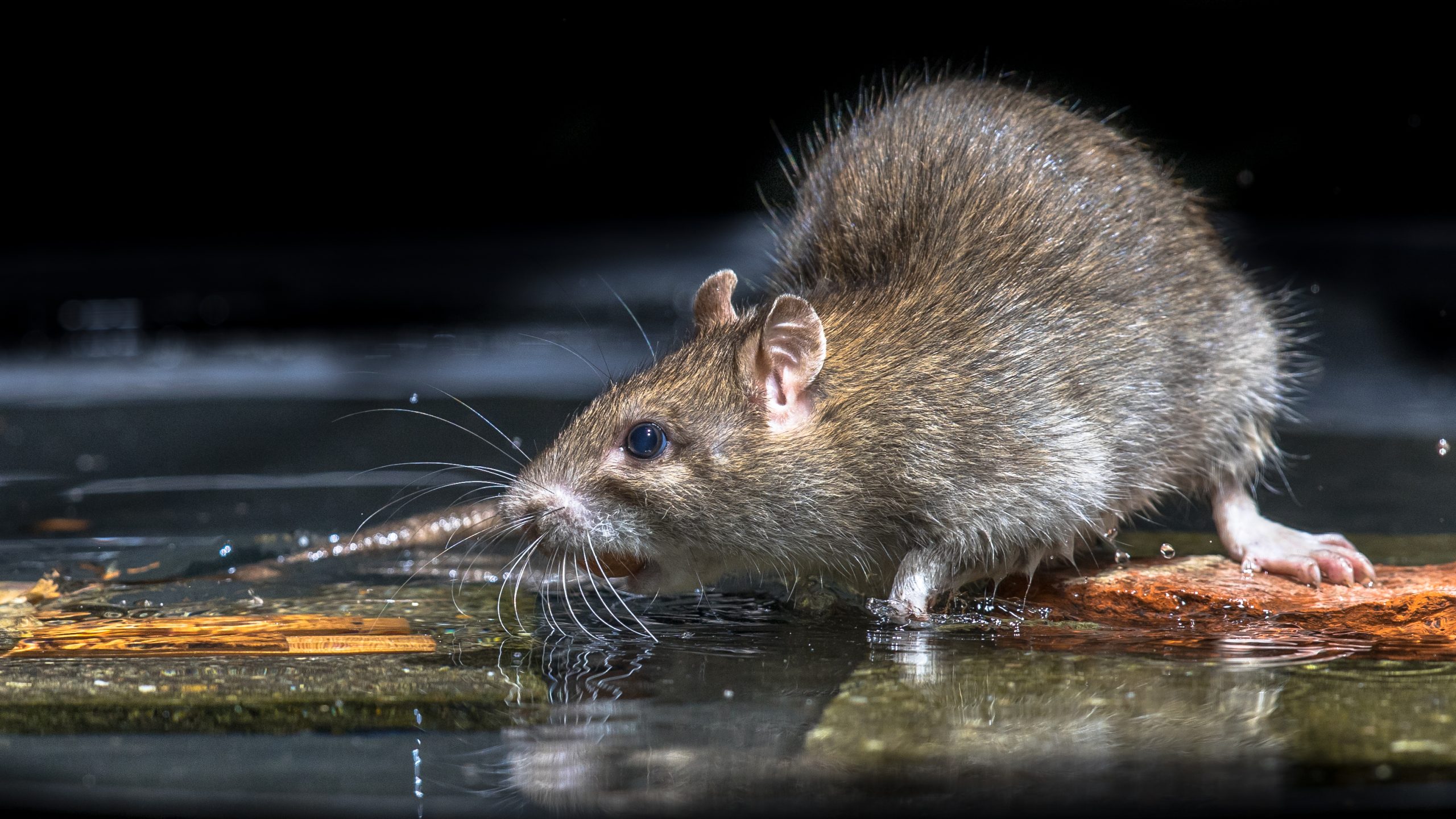
Licensed Experts
State-certified pest control professionals with years of specialized training.
frequently asked rodent questions
Get answers to common concerns about mice and rat infestations.

How quickly can mice reproduce & spread?
Female mice can reproduce at 6 weeks old and have litters every 19-21 days with 4-8 babies each. A single pair can theoretically produce 10 litters annually, leading to exponential population growth. This is why immediate professional intervention is critical.
What diseases do rodents carry & transmit?
Rodents transmit over 35 diseases including Hantavirus, Salmonella, Leptospirosis, Lymphocytic choriomeningitis (LCM), and Rat-bite fever. Transmission occurs through droppings, urine, saliva, bites, and contaminated surfaces.
How much does professional rodent extermination cost?
Residential treatments typically range from $200-$800 depending on infestation size, property size, and exclusion work needed. We provide free inspections with detailed estimates. Our service includes follow-up visits and a 90-day guarantee.
Are your rodent control methods safe for children & pets?
Yes. We use tamper-resistant bait stations, strategically placed snap traps in areas inaccessible to children and pets, and exclusion methods that pose no risk to your family. Our technicians are trained in safe application techniques.
How long does it take to eliminate a rodent infestation?
Most residential infestations are eliminated within 1-3 weeks with our systematic approach. Severe infestations may take 4-6 weeks.
what is the difference between mice & rat problems?
Mice are smaller, reproduce faster, and require smaller entry points (1/4 inch). Rats are larger, more cautious, require bigger openings (1/2 inch), and are more destructive. Both require different treatment strategies and bait preferences.

How quickly can mice reproduce & spread?
Female mice can reproduce at 6 weeks old and have litters every 19-21 days with 4-8 babies each. A single pair can theoretically produce 10 litters annually, leading to exponential population growth. This is why immediate professional intervention is critical.
What diseases do rodents carry & transmit?
Rodents transmit over 35 diseases including Hantavirus, Salmonella, Leptospirosis, Lymphocytic choriomeningitis (LCM), and Rat-bite fever. Transmission occurs through droppings, urine, saliva, bites, and contaminated surfaces.
How much does professional rodent extermination cost?
Residential treatments typically range from $200-$800 depending on infestation size, property size, and exclusion work needed. We provide free inspections with detailed estimates. Our service includes follow-up visits and a 90-day guarantee.
Are your rodent control methods safe for children & pets?
Yes. We use tamper-resistant bait stations, strategically placed snap traps in areas inaccessible to children and pets, and exclusion methods that pose no risk to your family. Our technicians are trained in safe application techniques.
How long does it take to eliminate a rodent infestation?
Most residential infestations are eliminated within 1-3 weeks with our systematic approach. Severe infestations may take 4-6 weeks.
What is the difference between mice & rat problems?
Mice are smaller, reproduce faster, and require smaller entry points (1/4 inch). Rats are larger, more cautious, require bigger openings (1/2 inch), and are more destructive. Both require different treatment strategies and bait preferences.
licensed & insured professionals | guaranteed results
don’t let rodents take over your home
Every day you wait, the problem grows exponentially. Professional elimination stops the cycle.

